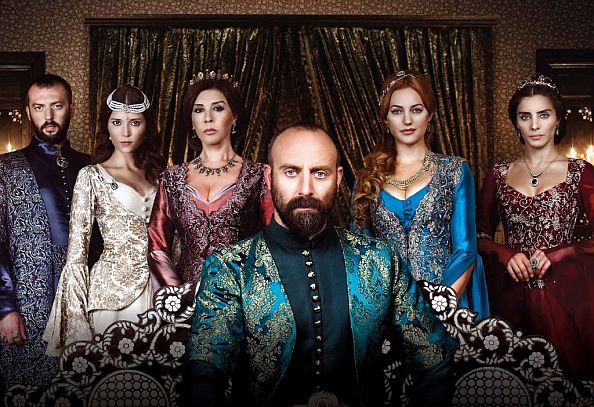
FAQ About Magnificent Century
Magnificent Century
2 years ago | gizem
Did the show spark any debates or discussions about historical accuracy?
Yes, "Magnificent Century" (Turkish: "Muhteşem Yüzyıl") sparked debates and discussions about historical accuracy during its run. While the series aimed to capture the essence of the Ottoman Empire during the reign of Sultan Suleiman the Magnificent, it also incorporated elements of drama, romance, and intrigue that required creative storytelling. Some of the debates and discussions surrounding the historical accuracy of the show included:
- Creative Liberties: Like many historical dramas, "Magnificent Century" took creative liberties to make the storyline more engaging and dramatic. These liberties included character interactions, romantic relationships, and dramatic events that may not have occurred exactly as depicted in history.
- Portrayal of Characters: The characters in the series, including Sultan Suleiman, Hürrem Sultan, and other historical figures, were portrayed with a mix of historical accuracy and fictionalization to fit the narrative. Some viewers and historians debated the accuracy of these character portrayals.
- Costumes and Set Design: While the series was praised for its elaborate costumes and set designs, there were discussions about whether they fully represented the historical period, with some pointing out inaccuracies or anachronisms.
- Ethical and Moral Choices: The characters in the series faced ethical and moral dilemmas that sometimes differed from historical accounts. These choices generated debates about whether they were faithful to the real historical context.
- Religious and Cultural Aspects: Some viewers discussed the portrayal of religious and cultural elements in the series, including the role of Islam and the portrayal of Ottoman traditions, and how they aligned with historical records.
- Historical Interpretation: "Magnificent Century" presented a specific interpretation of history, and debates arose over how closely it adhered to documented events and accounts of the time.
